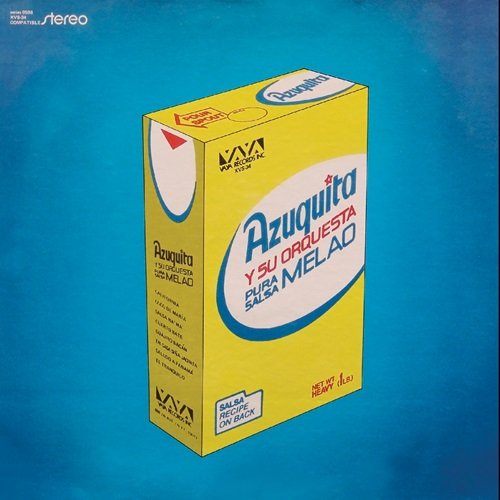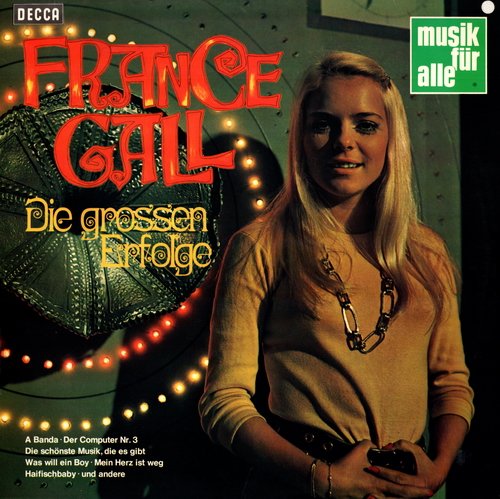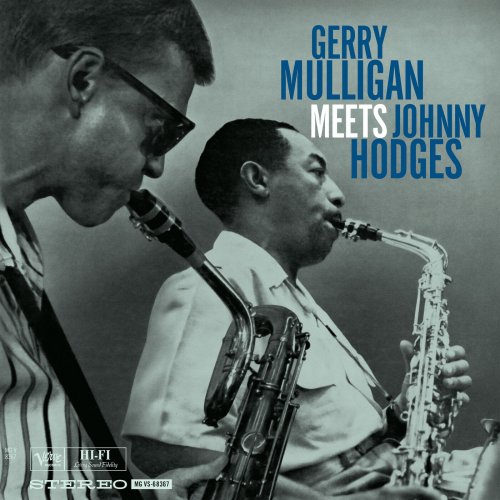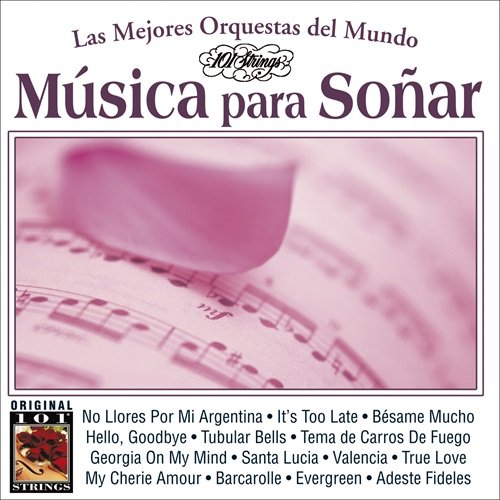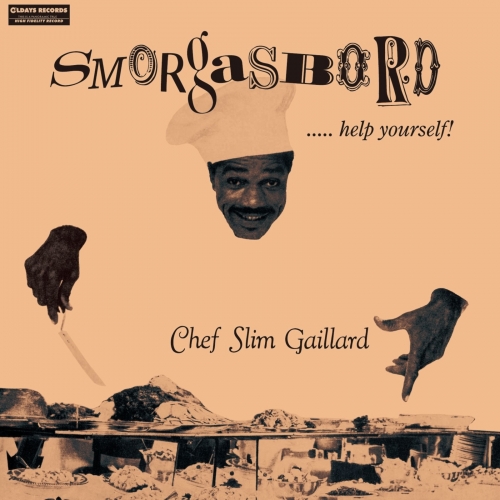Erlend Apneseth Trio - Åra (2022) [Hi-Res]
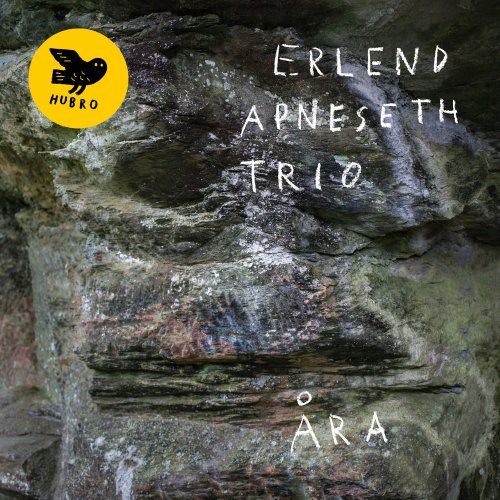
Artist: Erlend Apneseth Trio, Erlend Apneseth, Stephan Meidell, Øyvind Hegg-Lunde
Title: Åra
Year Of Release: 2017 / 2022
Label: Hubro
Genre: Jazz, Contemporary Jazz, Folk, World
Quality: FLAC (tracks) [44.1kHz/24bit]
Total Time: 37:52
Total Size: 371 MB
WebSite: Album Preview
Tracklist:Title: Åra
Year Of Release: 2017 / 2022
Label: Hubro
Genre: Jazz, Contemporary Jazz, Folk, World
Quality: FLAC (tracks) [44.1kHz/24bit]
Total Time: 37:52
Total Size: 371 MB
WebSite: Album Preview
1. Utferd (05:07)
2. Tundra (04:06)
3. Øyster (03:24)
4. Stryk (04:34)
5. Undergrunn (04:38)
6. Bølgebrytar (02:33)
7. Saga (03:33)
8. Lysne (03:36)
9. Sakura (04:30)
10. Klokkespel (01:48)
Although their music sounds entirely original, The Erlend Apneseth Trio represents a close to perfect improvisational update on that very contemporary format of the post-modern string trio, like a Nordic riposte to Tin Hat or Trio Taksim. An entirely spontaneous-seeming, eminently portable ensemble, they can turn, as it were, on a sixpence, moving seamlessly from one mode or style to another, carrying echoes of early music and the baroque, deep Nordic folk, desert blues, soulful cimbalon shimmers and more, sometimes all within the confines of the same piece.
There’s also a touch of that clip-clopping cowboy-ish rhythmic twang that we might associate with the various small groups of guitarist Bill Frisell, as well as an occasional nod to the east that can suggest an Indian raga's tamboura drone or the plinkety-plonk of a Japanese koto. Whatever the infuences or derivation, everything fits the band’s own, very defined aesthetic. Here, composition meets improvisation in a real partnership of equals. Acoustic instruments employ subtle electronic effects or slyly mimic the percussive pulse of techno, while always remaining essentially themselves. Everywhere, a concern with sound as sound is paramount.
On the astonishingly vivid ‘Utferd’, Ara’s opening track, the sound begins as an inchoate, unformed thing, like an orchestra tuning up, before the musicians gradually find their level. A series of repetitive plucks and glissandos leads into an almost trip-hoppy rhythm over-ridden by the drones and keening wails of the leader’s Hardanger fiddle until they reach a climax then slowly retreat back again into pure sound, trailing wisps of the dying melody as they go. It’s quite a performance, and a fitting statement of intent for what is the band’s second album. Their debut, ‘Der Andre Rommet’, created a suitable splash, being nominated for Spellemannsprisen, the Norwegian equivalent to the Grammy, and receiving a Norwegian Folk Award in the ‘Open’ category. A rave review in Mojo encapsulated the appeal of “close, intuitive compositions groaning, roiling and clattering with a raw, exploratory life, creating a wild new strain of Norwegian folk tunes that move, appropriately, from sun-dappled utopianism to the bleakest noir netherworld.”
For the follow-up, ‘Åra’, it is apparent that the band has now become something of a modest supergroup within the Norwegian scene. Erlend Apneseth (born 1990 in Jølster), whose first solo album, ‘Blikkspor’, from 2013, was produced by Arve Henriksen, is the rising star of the Hardanger fiddle, following the example of the great Nils Økland in combining or alternating folk traditions with avant-garde, experimental forms. ‘Blikkspor’ could also be said to have provided the initial impetus for the current trio, as its final track featured contributions from both Stephan Meidell (born 1982) and Øyvind Hegg-Lunde (born 1982). More recently, Apseneth played an important role in Meidell’s ground-breaking electro-acoustic album ‘Metrics’ from earlier this year. Hegg-Lunde, who also plays with Meidell in the duo Strings & Cymbals, performs and records with the trio Building Instrument (with Mari Kvien Brunvoll and Asmund Weltzien), as well as touring with Jose Gonzalez. Stephan Meidell is a member of the influential trio Cakewalk, among many other projects.
The difference between the debut and sophomore albums is also evident in the development of the band’s approach to recording. For the first album, Apseneth says, “We weren’t a band that had played very much live. We went into the studio to see what would happen and were very open to all possibilities.” With Åra, he continues, there was much more preparation, and a tighter focus. “Before we started to record we got together to go through some sketches and melodic material we had gathered which we improvised on in the days preceding the sessions. We tried to listen for what worked well and what didn’t in order to consolidate our material before we went into the studio.” Recorded last January at Duper Studio in Bergen by Iver Sandøy, and produced by the trio themselves with Andreas R Meland, and co-produced by Jørgen Traen, the result is a thrillingly live-sounding album where the character of each of the players, and of their respective instruments, really communicates itself to the listener. You can almost feel the imprint of strings and skins on your fingertips as it plays.
While the beautiful ‘finish’ evident in Åra’s gorgeous sound might represent a consolodation and intensification of the trio’s methods, it also extends and perhaps deepens their concern with experimental improvisation. The track ‘Saga’ incorporates an archive ‘found sound’ recording of an anonymous musician playing the musical saw, while the following track, ‘Lysne’, features the poet Erlend O. Nødtvedt - a regular collaborator with Erlend Apneseth - reading his own lines against the trio’s chance accompaniment. “We sat and mixed a tune that we felt lacked an independent story, and then it occurred to us to call Erlend”, says Apneseth. “He came two hours later, without having heard the music, and with a baby in his arms. One take and the track was finished."
Erlend Apneseth: Hardanger fiddle
Stephan Meidell: baritone acoustic guitar, live sampling & electronics
Øyvind Hegg-Lunde: drums and percussion
There’s also a touch of that clip-clopping cowboy-ish rhythmic twang that we might associate with the various small groups of guitarist Bill Frisell, as well as an occasional nod to the east that can suggest an Indian raga's tamboura drone or the plinkety-plonk of a Japanese koto. Whatever the infuences or derivation, everything fits the band’s own, very defined aesthetic. Here, composition meets improvisation in a real partnership of equals. Acoustic instruments employ subtle electronic effects or slyly mimic the percussive pulse of techno, while always remaining essentially themselves. Everywhere, a concern with sound as sound is paramount.
On the astonishingly vivid ‘Utferd’, Ara’s opening track, the sound begins as an inchoate, unformed thing, like an orchestra tuning up, before the musicians gradually find their level. A series of repetitive plucks and glissandos leads into an almost trip-hoppy rhythm over-ridden by the drones and keening wails of the leader’s Hardanger fiddle until they reach a climax then slowly retreat back again into pure sound, trailing wisps of the dying melody as they go. It’s quite a performance, and a fitting statement of intent for what is the band’s second album. Their debut, ‘Der Andre Rommet’, created a suitable splash, being nominated for Spellemannsprisen, the Norwegian equivalent to the Grammy, and receiving a Norwegian Folk Award in the ‘Open’ category. A rave review in Mojo encapsulated the appeal of “close, intuitive compositions groaning, roiling and clattering with a raw, exploratory life, creating a wild new strain of Norwegian folk tunes that move, appropriately, from sun-dappled utopianism to the bleakest noir netherworld.”
For the follow-up, ‘Åra’, it is apparent that the band has now become something of a modest supergroup within the Norwegian scene. Erlend Apneseth (born 1990 in Jølster), whose first solo album, ‘Blikkspor’, from 2013, was produced by Arve Henriksen, is the rising star of the Hardanger fiddle, following the example of the great Nils Økland in combining or alternating folk traditions with avant-garde, experimental forms. ‘Blikkspor’ could also be said to have provided the initial impetus for the current trio, as its final track featured contributions from both Stephan Meidell (born 1982) and Øyvind Hegg-Lunde (born 1982). More recently, Apseneth played an important role in Meidell’s ground-breaking electro-acoustic album ‘Metrics’ from earlier this year. Hegg-Lunde, who also plays with Meidell in the duo Strings & Cymbals, performs and records with the trio Building Instrument (with Mari Kvien Brunvoll and Asmund Weltzien), as well as touring with Jose Gonzalez. Stephan Meidell is a member of the influential trio Cakewalk, among many other projects.
The difference between the debut and sophomore albums is also evident in the development of the band’s approach to recording. For the first album, Apseneth says, “We weren’t a band that had played very much live. We went into the studio to see what would happen and were very open to all possibilities.” With Åra, he continues, there was much more preparation, and a tighter focus. “Before we started to record we got together to go through some sketches and melodic material we had gathered which we improvised on in the days preceding the sessions. We tried to listen for what worked well and what didn’t in order to consolidate our material before we went into the studio.” Recorded last January at Duper Studio in Bergen by Iver Sandøy, and produced by the trio themselves with Andreas R Meland, and co-produced by Jørgen Traen, the result is a thrillingly live-sounding album where the character of each of the players, and of their respective instruments, really communicates itself to the listener. You can almost feel the imprint of strings and skins on your fingertips as it plays.
While the beautiful ‘finish’ evident in Åra’s gorgeous sound might represent a consolodation and intensification of the trio’s methods, it also extends and perhaps deepens their concern with experimental improvisation. The track ‘Saga’ incorporates an archive ‘found sound’ recording of an anonymous musician playing the musical saw, while the following track, ‘Lysne’, features the poet Erlend O. Nødtvedt - a regular collaborator with Erlend Apneseth - reading his own lines against the trio’s chance accompaniment. “We sat and mixed a tune that we felt lacked an independent story, and then it occurred to us to call Erlend”, says Apneseth. “He came two hours later, without having heard the music, and with a baby in his arms. One take and the track was finished."
Erlend Apneseth: Hardanger fiddle
Stephan Meidell: baritone acoustic guitar, live sampling & electronics
Øyvind Hegg-Lunde: drums and percussion
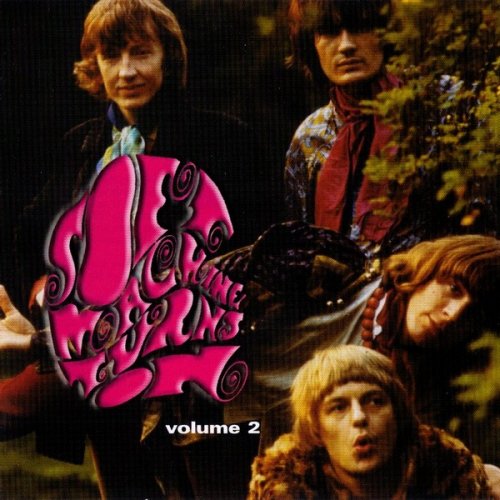
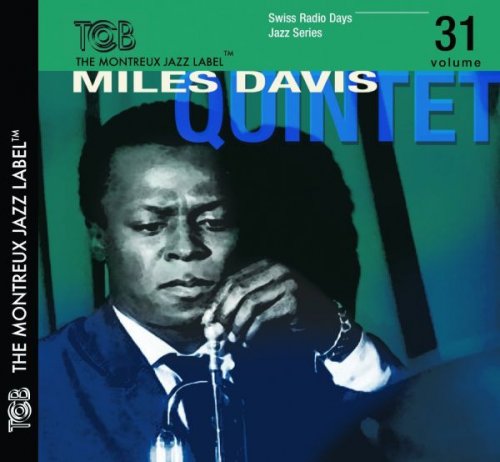
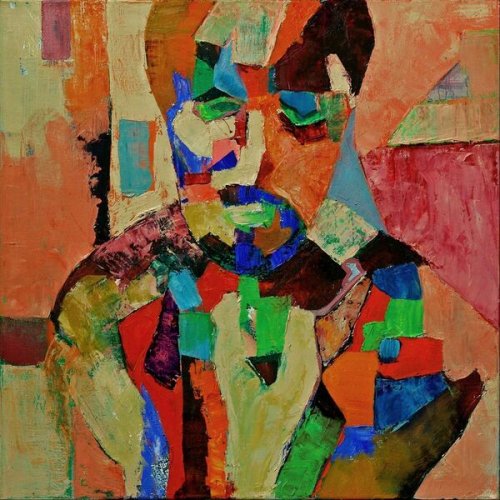
![Gal Golob - Gal Golob Trio Live at Jazz Cerkno (Live) (2025) [Hi-Res] Gal Golob - Gal Golob Trio Live at Jazz Cerkno (Live) (2025) [Hi-Res]](https://img.israbox.com/img/2026-02/09/0sr1cx835g04x8g6nfpgvtips.jpg)
